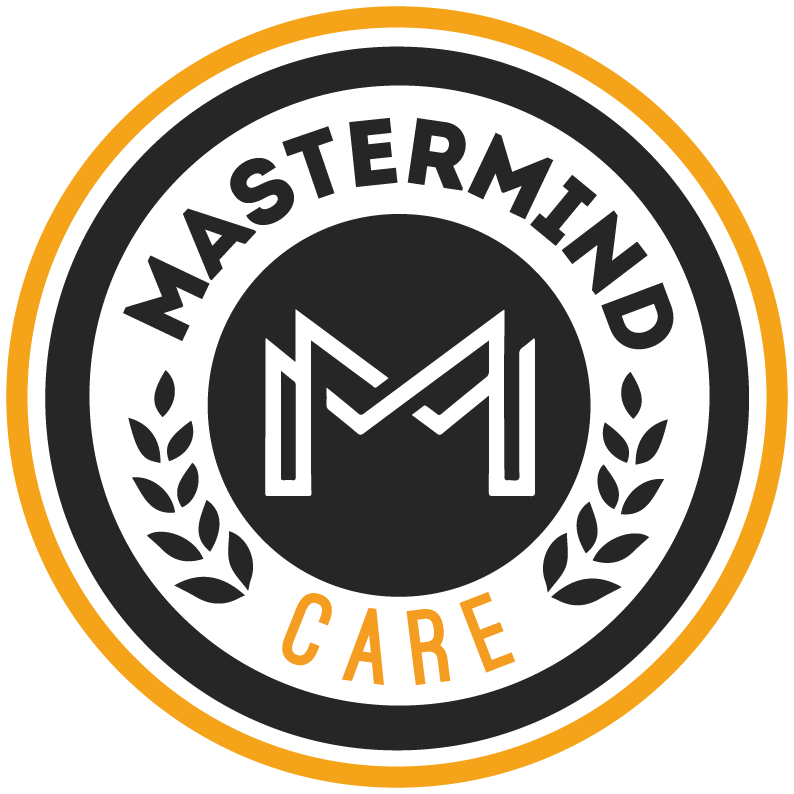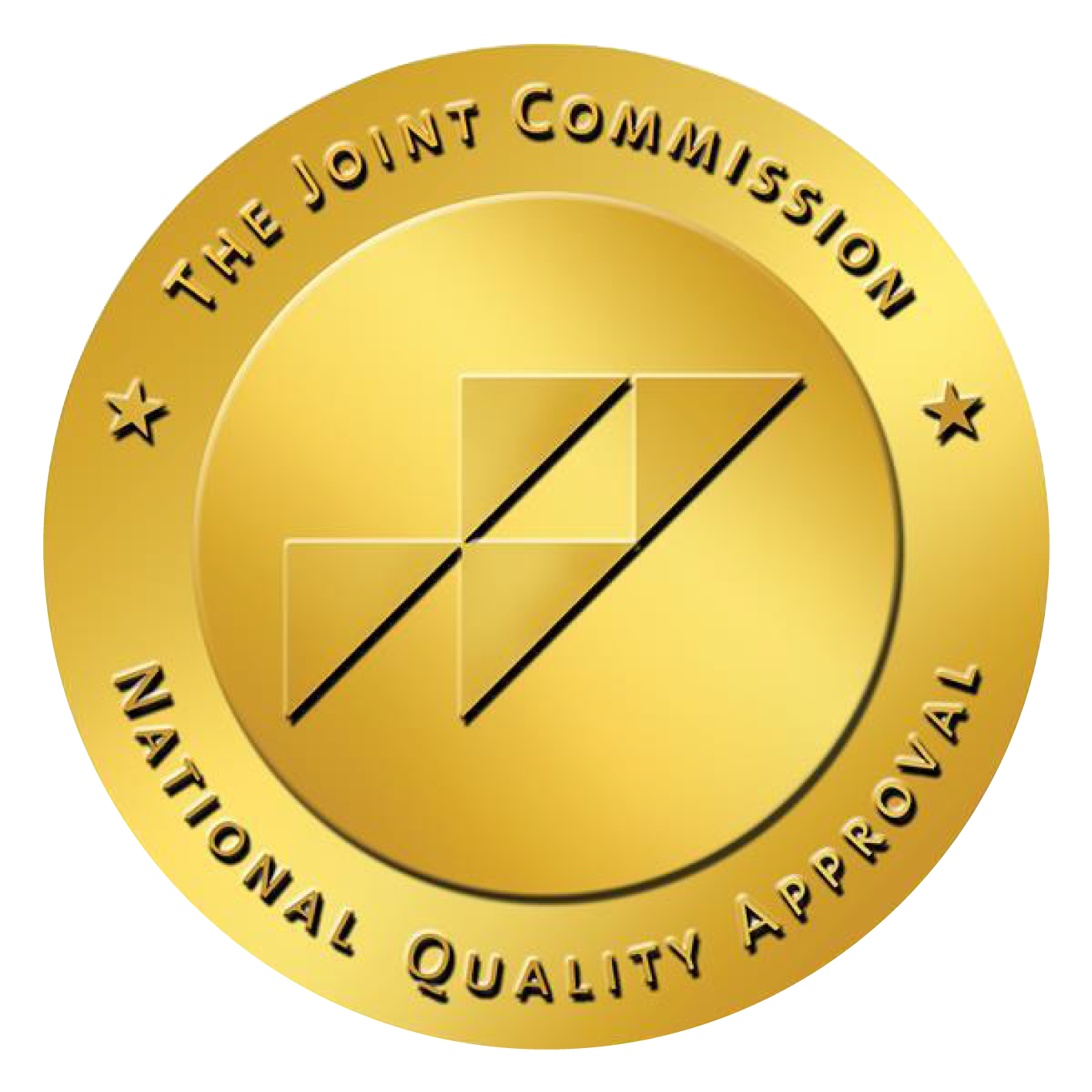What is Outpatient Rehab?
There are many different types of outpatient facilities when treating the illnesses of alcoholism and addiction, we are talking about outpatient drug rehab.
During outpatient therapy, patients travel to a clinic, treatment center, or hospital to attend sessions, but then return home instead of staying in the hospital. Outpatient rehabilitation allows patients more freedom than inpatient rehabilitation, which requires them to reside in a treatment center for the duration of their treatment. Outpatient rehabilitation is a form of addiction treatment that includes psychological, counseling, and educational sessions on the nature of addiction.

Typically, patients attend a detox center to cleanse themselves before attending outpatient rehab so that they can begin rehab with a “clean slate.” While in outpatient rehab, patients go to a center for treatment, typically 3-20 hours weekly. During this time, they attend individual and group therapy, and participate in other treatment methods, such as art therapy and yoga. Some outpatient programs offer limited medical assistance, such as prescription refills. There are also outpatient programs that can offer guidance for life and recovery. After attending treatment, patients return home to normal life before beginning the process again the next day.
Outpatient service is one of the most likely options offered, especially for parents of teens.
Outpatient drug rehab may be suitable for teens whose parents have been concerned about an increase in their drug-seeking behavior and want to curb the problem without having to sacrifice their child not going to school. Because many programs offer sessions before or after school, as well as on weekends, these are often ideal for teens new to therapy who do not want to be uprooted from their educational community.
Are you or a loved one looking for Outpatient rehab in South Florida? We have someone standing by to help and answer any questions. Call Now: (877) 357-3422
Who is outpatient drug rehab best for?
Outpatient rehab can be a good option for many people who need drug or alcohol treatment. Some people may benefit more from outpatient treatment than others.
Those most likely to benefit from outpatient rehab have:
- Mild to moderate addiction.
- A solid support system of friends and family.
- Little risk of severe withdrawal with medical complications.
- A motivation to attend regular counseling sessions.
- Transportation to and from treatment sessions.
- Lower costs. Inpatient programs can be expensive and require a significant out-of-pocket expense.
- Outpatient rehab is less expensive across the board, while still providing high-quality treatment.
Inpatient programs require the person to live in the facility, so there is little flexibility with schedules. They may not allow much contact between the patient and their family at the beginning of treatment. In terms of costs, this option is the most advantageous.
However, they provide a high level of care and remove the person from their everyday environment, which can be full of temptations and people who use drugs. They are designed to treat more serious addictions, they can safely detoxify the person, and they can also treat medical and mental health disorders.
Many people start treatment in an inpatient program and then become outpatients.
Benefits of outpatient rehab in South Florida
Many addicts fear losing the flexibility of their time and freedom when entering a drug rehabilitation center, the option of outpatient rehabilitation may be the most viable option, not to be hospitalized, if the addiction is not too serious and the addict has been using drugs for a short period of time. Some of the benefits of intensive outpatient drug rehab include:
The addict can still live at home and be with the family; some addicts require the stability of home life or may have job responsibilities and financial support for their family. In other cases, children may be involved, and the addict has a lot of responsibility in caring for them.
The patient can still maintain their daily responsibilities and activities; it is very common for the person to attend school and also be struggling with an addiction, and will still need to be part of the classes while receiving treatment. In other circumstances, the patient may still need to work or operate a business and support her family.
The addict can still receive direct support from family and friends while attending rehab, and can also put some focus on rebuilding family dynamics. Some addicts are truly dependent on the support of the family and will use their help during the rehabilitation process.
In terms of economic cost, outpatient rehab is significantly lower than inpatient treatment: the reason that residential drug rehab centers cost so much is because the addict lives in the facility for a predetermined period of time. It costs money to house, feed, and treat people, but with intensive outpatient programs, the addict simply pays for outpatient rehabilitation treatment.
Another benefit of outpatient rehabilitation is that patients can create a solid support network they have the opportunity to connect with others who are also on the road to recovery. A large part of outpatient treatment includes group therapy. This fosters a sense of community among the people in the program and encourages them to support each other, which is a very important skill in maintaining long-term sobriety.
Are you or a loved one looking for help in Outpatient rehab in South Florida? We have someone standing by to help and answer any questions. Call Now: (877) 357-3422
Addiction Treatment Help In South Florida
We also service these surrounding cities: Hollywood, Davie, Weston, Cooper City, Plantation, Sunrise, Tamarac, Coral Springs, Parkland, Deerfield Beach, Lighthouse Point, Lauderdale Lakes, Margate, Wilton Manors, and Boca Raton.
Request Our Info Packet
Your Guide To The Recovery Process
Learn everything you need to know about the recovery process and staying sober.
Request Our Info Packet
Your Guide To The Recovery Process
Learn everything you need to know about the recovery process and staying sober.




I like how you said that patients can still be with family during outpatient addiction treatment. I’d recommend looking for a treatment center that has been in business for many years. That way, you can feel more confident in their treatment abilities since they’ve had time to refine them.